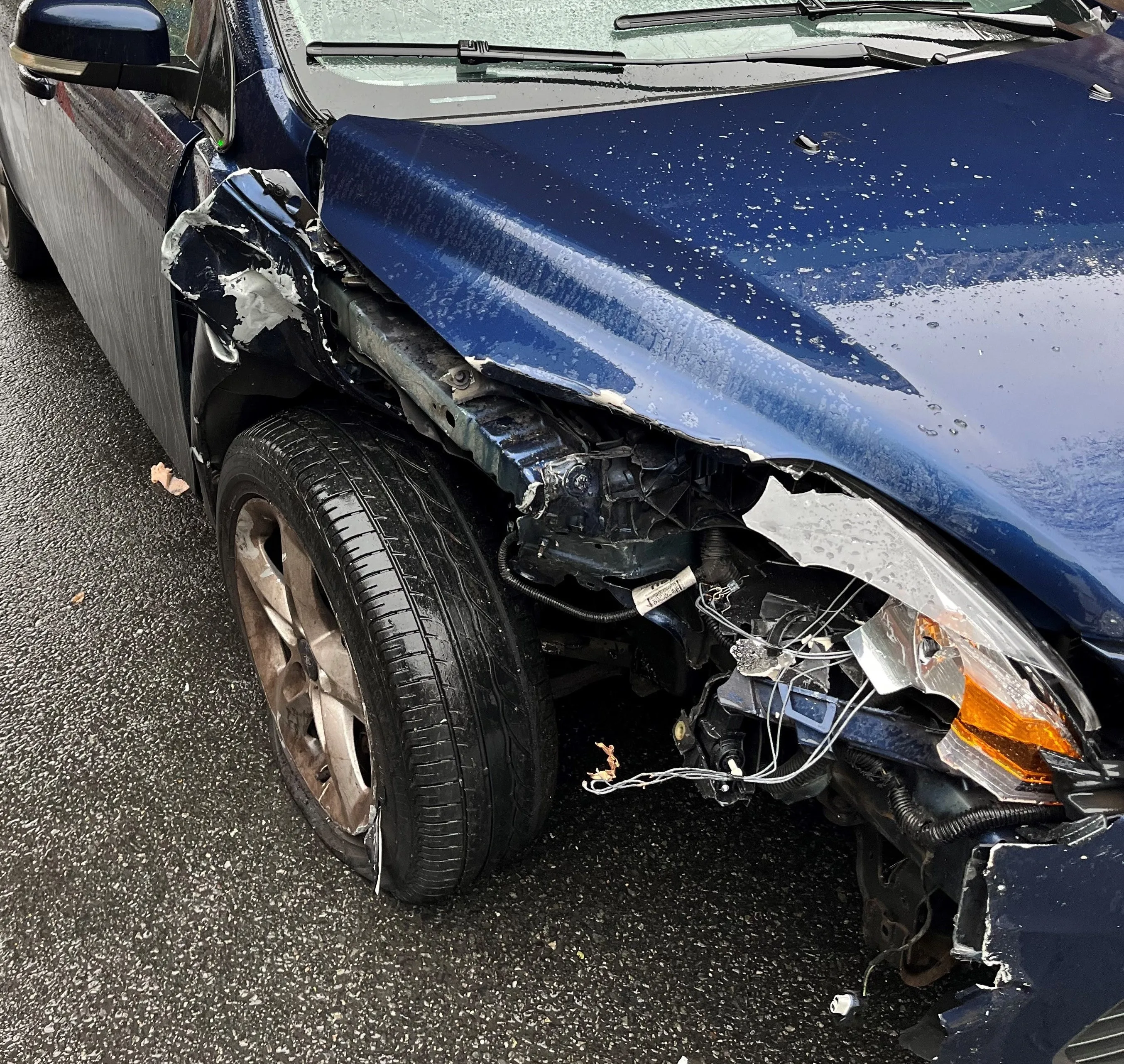The latest official data shows a continuing improvement in road safety statistics in both France and the UK. However the data also reveals worrying trends in accidents concerning vulnerable road users.
May 1, 2012
Read time: 3 mins
The latest official data shows a continuing improvement in road safety statistics in both France and the UK. However the data also reveals worrying trends in accidents concerning vulnerable road users. The UK's 5432 Department for Transport figures for 2010 have revealed a 17% drop in road fatalities to 1,850. But 111 pedal cyclists died in 2010, compared with 104 in 2009, with cyclist fatalities in capital London of particular concern. The DfT believes that the severe winter weather, lower traffic in general due to the recession and the introduction of free-flow speeds may be contributory factors to the overall decline. Also, the proportion of 17 to 20 year old males with driving licences dropped by 7% to 35% and it is this age group that sees the highest risk factor for accidents. A total of 208,648 casualties were notified to the police but the actual number of non-fatal accidents is thought to be much higher, between 660,000 and 800,000. During September 2011, the number of fatalities on France's roads dropped 1.7% compared with the same period in the previous year. There were 351 deaths on the country’s roads in September 2011, compared to 367 in September 2010. In July and August 2011, the number of road deaths dropped by 21% and 3.9% respectively compared with the same months in 2010. However, the road crash figures would have dropped further were it not for an increase in motorcycle accidents. Overall, the number of people hospitalised because of traffic accidents dropped 10.4%, while the number of injuries fell 6.6% compared with the previous year. What the data shows is that tougher enforcement, such as cracking down on drink driving in France or unlicensed drivers in the UK, may well be bringing benefits. New enforcement measures including effective drug testing kits may further improve the safety records of both countries. But the high levels of cyclist and motorcyclist injuries and fatalities show that more work needs to be done. Data from the UK’s DfT shows that 85% of accidents involving cyclists are not the fault of the cyclist, while various reports across Europe agree that 65% of accidents involving motorcycles are not the fault of the rider. In both cases however current safety measures seem to focus on the riders, rather than the other road users who actually cause the vast majority of accidents through inattention. It seems clear that major safety gains for vulnerable road users in France and the UK can only begin to take effect when authorities take measures to improve awareness and driving standards amongst vehicle drivers. So far Europe's legislators seem to have ignored the results of numerous research studies showing how vulnerable road users are largely the victims of poor driving by vehicle drivers, which suggests that any attempt to reduce accident levels using current policies focussing on the vulnerable road users will be of minimal benefit.








